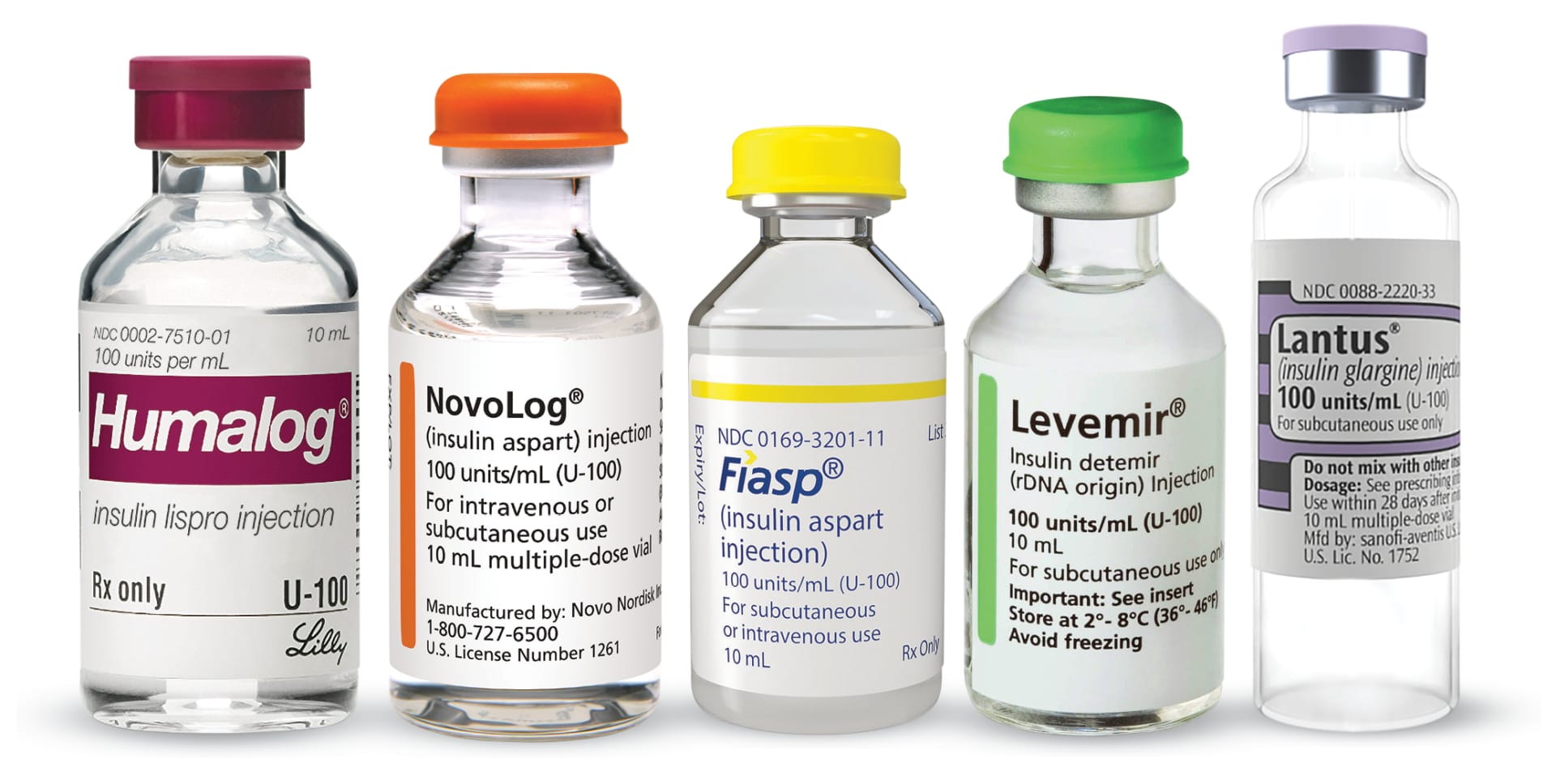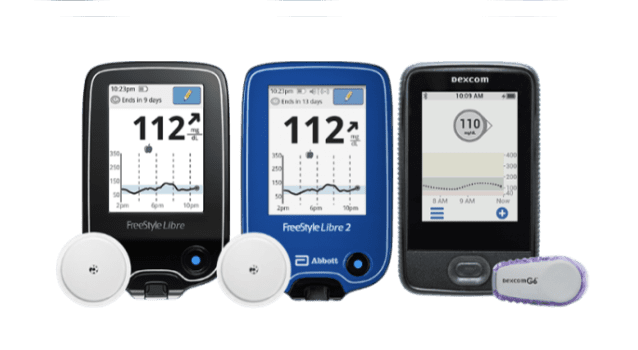What Is an Insulin Pump?
Diabetes insulin pumps are a helpful way to deliver insulin without having to inject several times a day. At Advanced Diabetes Supply®, we carry a wide variety of insulin pumps and insulin pump supplies that people with diabetes need in order to properly use and manage their insulin delivery.
Whether you need an infusion set or a cartridge to hold your insulin, we’ve got you covered with products from the top insulin pump brands. In choosing insulin pump therapy we recognize that you expect ease and comfort, which is why we provide you with the pump supplies you need expeditiously.
Frequently Asked Question - Insulin Pumps & Pump Supplies
Diabetic insulin pumps are wearable, computerized devices that provide a constant supply of rapid-acting insulin to people with diabetes, mimicking the function of a normally functioning pancreas. These products can deliver insulin in small, continuous doses (AKA “basal insulin”) or surges (AKA a “bolus”), providing a convenient alternative to daily insulin injections for diabetes patients.
The price of a new insulin pump will vary across different insulin pump brands and insurance policies, effectively making it impossible to estimate the cost of your insulin pump without additional information. However, you should know that these devices are more expensive than “traditional” insulin delivery products like syringes and pens.
In order to use an insulin pump correctly, you’ll need to get information from your doctor or a diabetes educator. During that process, you’ll learn how to attach your infusion set to your body, change your pump’s insulin and infusion set, control your pump’s various features, and deal with any problems that may arise while using your pump.
Medicare Part B can partially cover insulin pumps if you medically require insulin. If you do, Medicare will cover these devices as durable medical equipment—you’ll pay 20% of the pump’s cost, and Part B will pay for the other 80%.
Though using an insulin pump shouldn’t usually hurt, these devices may cause some pain or discomfort depending on your personal pain threshold. Even so, the level of pain associated with these devices should be well below the pain that comes with “standard” insulin injections.
One of the biggest benefits associated with insulin pumps is convenience: a pump can give you the amount of insulin you need, when you need it. Along with that, you can enjoy a lower risk of high and low blood glucose, cut down on insulin injections, and potentially improve your A1C values with an insulin pump.
Under normal circumstances, your insulin pump should last for quite a while. These products typically last from four to eight years before needing to be replaced.
Both Medicare and private insurance policies can cover insulin pumps. If you have questions about how your insurance covers these devices or what eligibility requirements you’ll need to meet first, get in touch with your insurance provider.
Advanced Diabetes Supply aims to be America’s number one provider of diabetes supplies—including insulin pumps. We’ve been involved with this industry since 2002, and we’ve continued to pursue our goal of providing the best possible service to patients, prescribers, and caretakers ever since.
ADS has also attained several accreditations over the years. Among other accreditations, we received the first-ever DMEPOS accreditation given to a pharmacy through National Association of Boards of Pharmacy®.
Though insulin pumps can usually make diabetes management easier, these devices aren’t free of problems. Notably, issues with your insulin pump could interfere with insulin delivery. Insulin pump usage can also raise your risk of DKA or result in skin irritation, among other potential issues.
If you take precautions to keep your insulin pump secure beforehand, you should be able to exercise while wearing one of these devices. Along with that, you may need to adjust your basal insulin level if you plan to engage in vigorous physical activity. Insulin pumps are also not designed for use by people participating in water, endurance, and contact sports.
Both insulin pumps and “standard” insulin delivery methods are intended to help people with diabetes manage this condition. But unlike insulin injections, insulin pumps can deliver a continuing supply of insulin directly into a person’s bloodstream. On the other hand, insulin injections can be easier to use and more cost-effective than pumps.
Whether you’re a healthcare professional or a diabetes patient, you may be wondering who insulin pumps are most suitable for. These devices are a natural fit for people who frequently experience issues related to low blood sugar, individuals dealing with gastroparesis, people who are more physically active than average, and women planning to become pregnant.
Though many people with diabetes can benefit from insulin pumps, these devices aren’t right for everyone. If you aren’t interested in taking time to learn how to use an insulin pump or are concerned about the potential downsides of this therapy, sticking to “traditional” insulin delivery methods may be in your best interest.

Medical Review by Shirley DeLeon, Certified Diabetes Care and Education Specialist
Why Choose US MED®

Currently a
US Med® Member?
If you're an existing member, the fastest and easiest way to reorder is by logging into the members portal, where you can also update your account.

Interested in Becoming a US MED® Member?
It's simple, fast and easy! Just complete a quick form or call 1-877-840-8218 now and let us take care of the rest.

Prefer to reorder by phone?
No problem! Just call 866-723-6958 and our agents will walk you through the reorder process.


















